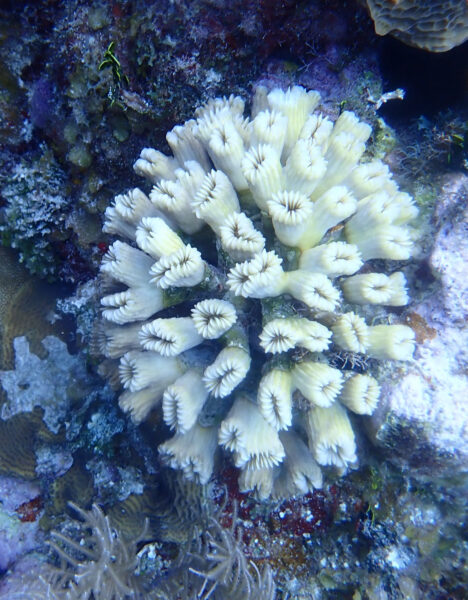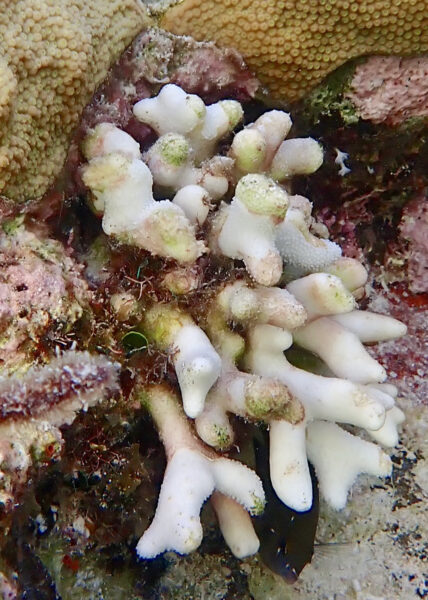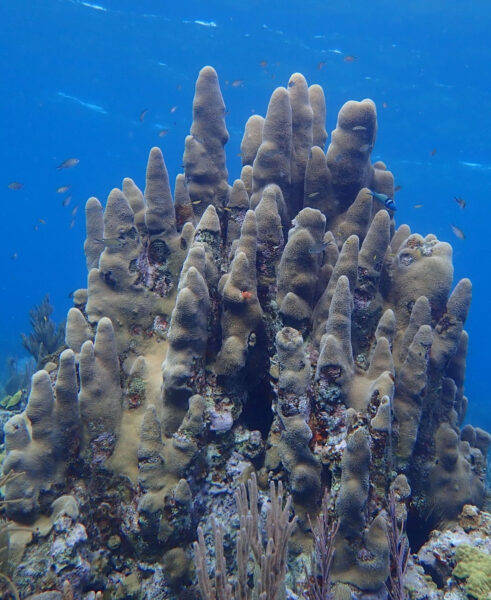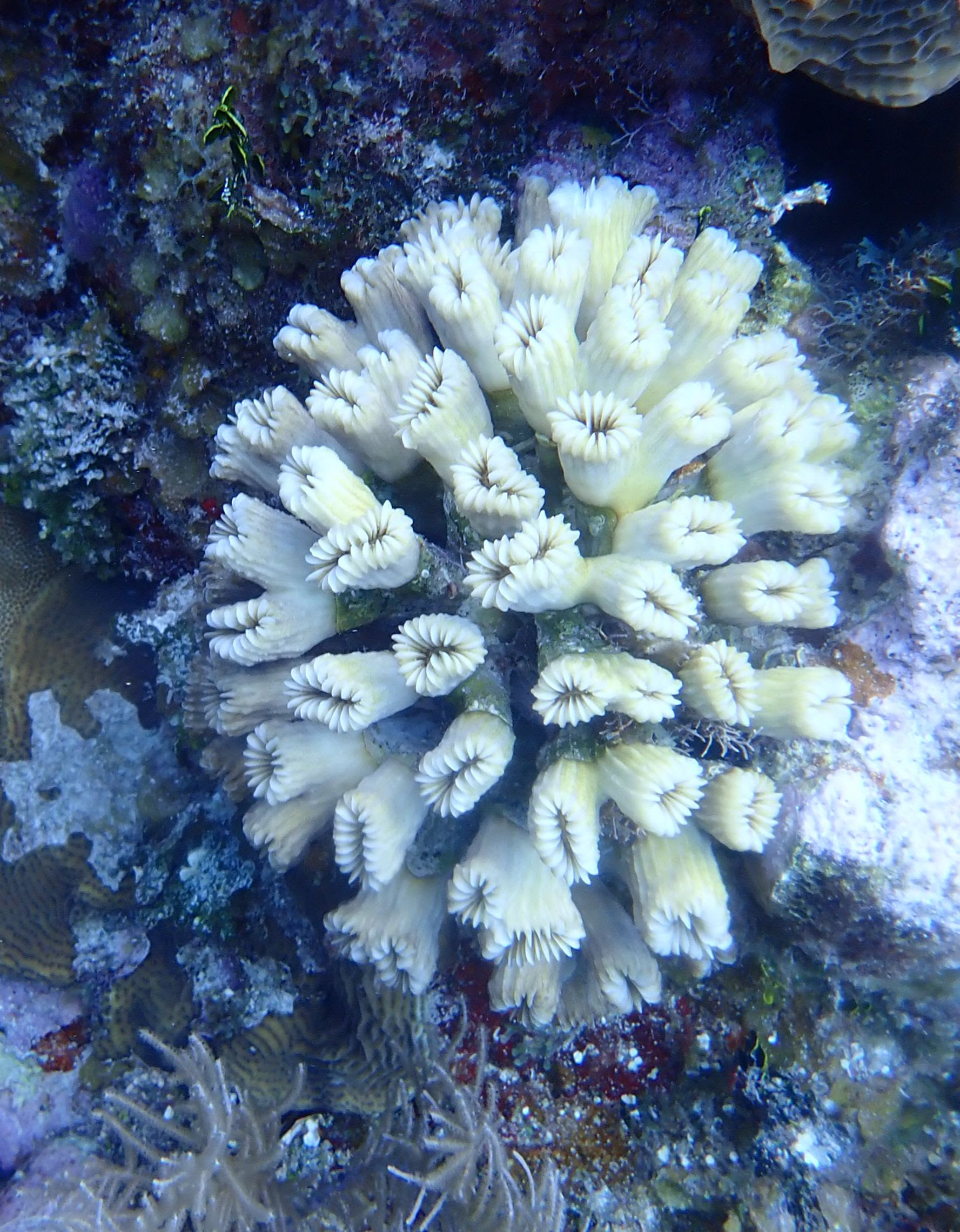In the past months, the Belize reef system has been experiencing adverse effects of coral bleaching. According to the Fisheries Department, bleaching is not uncommon and, over the past decades, has been caused mainly by a rise in seawater temperatures in combination with chronic local stressors and practices. Several organizations across the country have been working together to support the ability of coral ecosystems to become more tolerant, resistant, and resilient to their external stressors. The current bleaching is arguably one of the worst bleaching events Belize’s reef systems have experienced in the last decade.
The Fisheries Department has stated that this trend in the occurrence and severity of mass coral bleaching events has been continuous. “The causes of these mass bleaching events are beyond our national actions; however, Belize aims to join countries like Barbados and Maldives in lobbying for more urgent carbon dioxide reductions and to ensure appropriate compensation/mitigation to address the damages already done. The agreement for establishing and operationalizing a loss and damage fund at the Conference of Parties (COP27) makes strides in ensuring that small island nations like Belize can continue efforts in safeguarding our national coral reef treasure, which is central to the security of our citizenry and livelihoods,” said Fisheries Department in a press release.
In coordination with the National Coral Reef Monitoring Network, the department is currently assessing the extent of the bleaching and is working with its partners to create a response plan.
Tips to protect coral reefs
While there is no “cure” to coral bleaching, people can take some steps to protect reef systems. Anyone snorkeling near coral systems should keep their distance and avoid stirring up the sand near them. Corals are living beings called polyps, so touching or standing on them can damage them, while sediment and sand smother them. Visitors should also avoid removing any coral from their natural habitat, whether dead or alive.
Additionally, swimmers should use only reef-safe sunscreen. Some types of sunscreens contain chemicals linked to coral reef deterioration. You should avoid using personal care products with oxybenzone, preservatives, and glitter, which have proven toxic to reefs.
Most importantly, it is to recycle and dispose of trash properly. Each year, tons of garbage end up in our oceans and seas, causing extreme harm to coral reefs. When visiting coastal communities, especially, dispose of trash properly in bins to avoid trash being blown or washed away into waterways.
National Oceanic and Atmospheric Administration’s National Coral Reef Monitoring Program states that coral reefs are among the most valuable ecosystems on earth. They provide food, storm protection, and recreational opportunities. Despite their importance, coral reef ecosystems will continue to decline mainly due to man-made and natural threats.

Share
Read more

